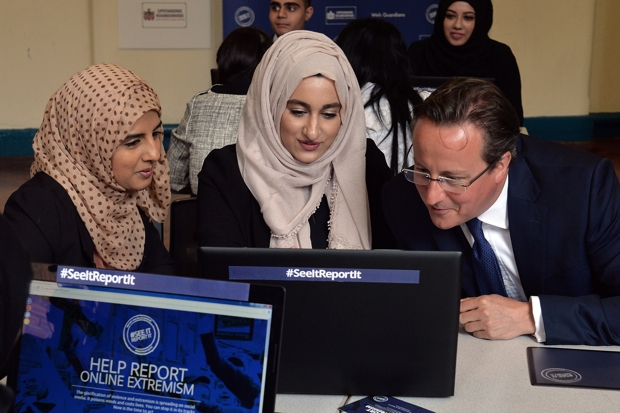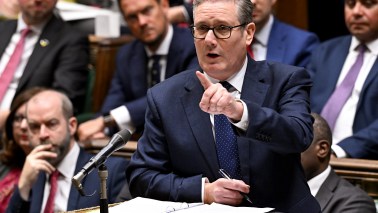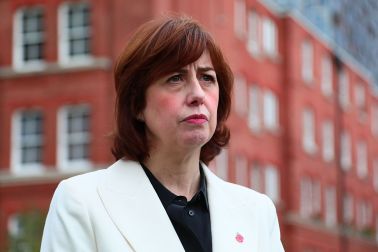Those who have been involved in counter-extremism in recent years would be forgiven for thinking that there is little new in the Prime Minister’s speech today. However, we need to remember two key things. First, that this government aims to increase the counter-extremism duties of frontline workers like teachers, so the target audience is wider UK civil society. Secondly, and this is evidenced by the Prime Minister speaking at a school in Birmingham, not at a security conference on the continent, we need to engage with the people who may be vulnerable to radicalisation in the first place.
The strategy set out today, ahead of its implementation in the autumn, identified the need to tackle non-violent Islamist extremism, whose ideology is shared by those who choose to use violence. David Cameron set out what makes people susceptible to this kind of radicalisation and committed to tackle these constituent parts. The attraction of the ‘caliphate’ can be tackled with counter-narratives that debunk al-Baghdadi’s Islamist interpretation of Islam. The gulf between the brutal reality on the ground and the propagandised fantasy Isil spin on social media can be exposed. The positive things the UK provides for all its citizens can be promoted, in order to show the alternatives to living in a fascistic theocracy.
Vulnerability to Islamist radicalisation is also in the Prime Minister’s crosshairs. While debunking a totalitarian ideology and refuting conspiracy theory narratives is important, the strategy also includes a commitment to improve integration and tackle segregation. By promoting British values, it hopes to reduce the sense of identity crisis. I hope this will be followed with the teaching of critical consumption skills in schools, which would help young people avoid falling for Islamist propaganda.
Cameron is also keen to promote moderate Muslim voices which are often drowned out by the extremists in their midst. This is entirely sensible in my view, so long as these moderate voices agree with the universal human rights values that are integral to our liberal democracy. Many such voices seem scared to put their heads above the parapet, and who can blame them when Isil supporters pop up with attacks on cartoonists, soldiers and tourists?
But for too long we have only dealt with the most socially conservative, the loudest and most extreme. Instead, we must ally ourselves with the women, young people and minorities within minorities who may not subscribe to this warped worldview. Engaging with these hard-to-reach parts of Muslim communities and building their resilience is crucial.
With a sensible vision behind him, the Prime Minister’s challenge is now to implement this across the board. In his most nuanced speech on the causes of extremism and how to counter it to date, I for one am glad that he spoke to those who can make a real difference in turning the tide against this poisonous ideology, safeguarding young people, and preventing the steady flow of cannon fodder to al-Baghdadi’s band of bonkers bombers.
Jonathan Russell is the Political Liaison Officer for Quilliam






Comments